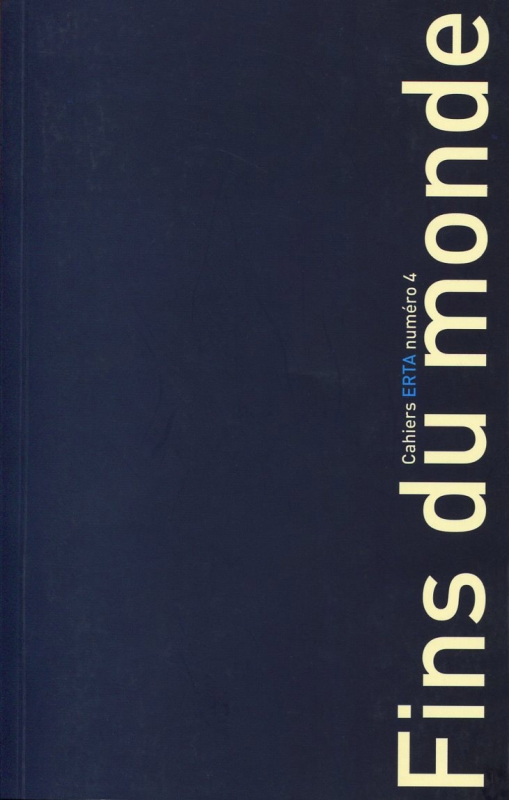The apocalypse as the revealing principle of (re)writing: world ends in the Chronicles of PlateauMont-Royal by Michel Tremblay
Keywords:
apocalypse, Michel Tremblay, Chroniques du Plateau-Mont- Royal, imaginationAbstract
Our article focuses on the apocalypse as the structure principle of novel saga Chronicles of Plateau-Mont-Royal. Tremblay, Québec author and playwrighter, creates an extense formation, predestinated to destruction, because of prohibited, incest love which prefi gures an indispensable punishment and tragical end of one family, one world. The most tragical end comes in the case of Marcel, who balances between two worlds – imaginati ve and real – whose mutual tension he tries to overcome creating an alternati ve reality. But fi nally only reveals the empti ness of both spheres and the impossibillity of any salvation. The purpose of our text consists not only in reconstructi on of the apocalypse as the philosophy-theological concept of the ontological negation, but also in another meanings, which are rated by mythological recourse an religious mythemes raising the tragic end of Tremblay´s novel universe.
Downloads
References
Blanchard Y.-M., L’Apocalypse, Paris, Édition de l’Atelier, coll. « La Bible tout simplement », 2004.
Giesen H., Kniha zjevení apoštola Jana, Kostelní Vydří, Karmelitánské nakladatelství, 2001.
Lacan J., Le séminaire XI. Les quatre concepts fondamentaux de la psychanalyse, Paris, Seuil, 1973.
Merleau-Ponty M., Le Visible et l’Invisible, Paris, Gallimard, 1990.
Poucouta P., « L’Apocalypse », [dans :] Esprit et Vie, no 128, 2005.
Slatman J., L’expression au-delà de la représentation : sur l’aisthêsis et l’esthétique chez Merleau-Ponty, Leuven, Peeters, 2003.
Tremblay M., La Maison suspendue, Ottawa, Leméac, 1990.
Tremblay M., Chroniques du Plateau-Mont-Royal, Montréal, Leméac, 2000.
Tremblay M., Thérèse et Pierrette à l’école des Saints-Anges, [dans :] Idem, Chroniques du Plateau-Mont-Royal, Montréal, Leméac, 2000.

 Academic Scientific Journals
Academic Scientific Journals





